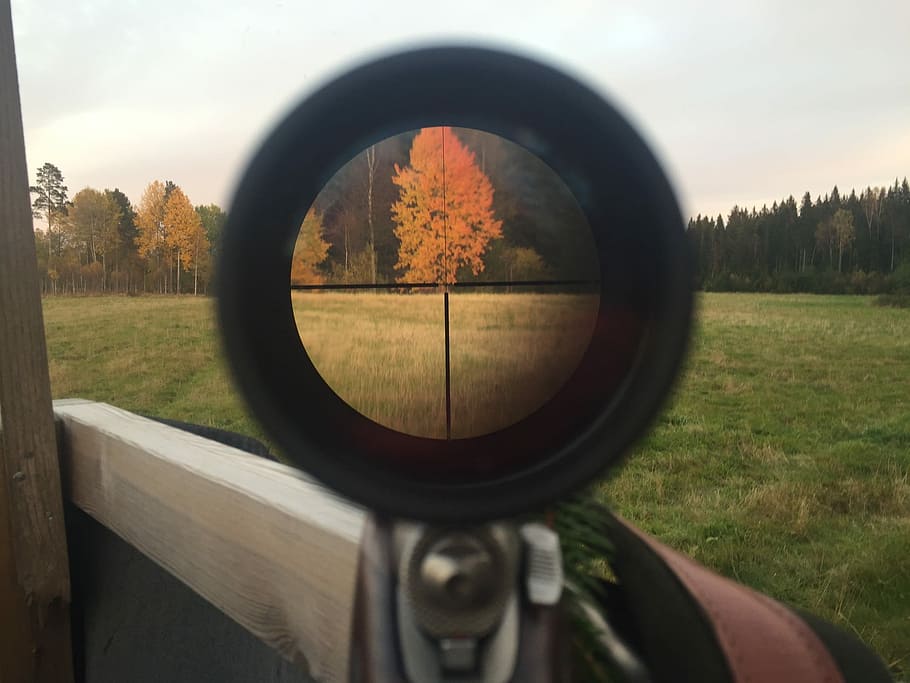Normal extension cords are out there with either 2 or three prongs. One prong is “hot,” the second is “neutral,” and therefore the third serves as a path to the bottom wire. This third prong drastically reduces the risk of shock and electrical fires by giving power surges a safe place to dissipate.
It would possibly appear like several previous extension wire can do when you need a little more length to connect your electronics with an influence outlet. To an extent, that is true, but where expensive and high-power electronics are involved, you will not wish to depend on no matter extension cord you've got simply lying around. Just like you'd want a top quality surge protector to keep your electronics safe, you ought to rummage around for quality extension cords.
As a result of electrical tools and appliances have completely different power ratings, these rugged, weather-resistant transportable cords are designed to accommodate a variety of temporary power necessities. (Note that we tend to're not talking about extension cords for strictly lightweight-duty indoor use.) But not all extension cords are created equal. An improperly sized extension wire will cause a tool or appliance motor to burn out if allowed to run for too long. It can conjointly cause a dangerous scenario if it overheats.
How will you stop this from happening? 1st, it helps to grasp how much electrical current (typically rated in amperes, or amps) every electrical tool requires (see chart). High-powered tools like saws and mowers use considerably a lot of amperage, so extension cords rated to handle larger electrical loads should be used with them (read more about lawn mower extension cord). Tool and appliance manuals sometimes specify extension wire necessities for correct operation of the equipment. Amperage ratings are also marked on the equipment itself.
Likewise, assume of every place you may want to use this extension wire and opt for the kind that matches your desires. Many are rated for each indoor and outdoor use, that sometimes means they offer water resistance, but don’t count on that. Scan the descriptions and don’t push any electrical twine beyond its supposed purpose.
Wire is an excellent conductor, but to operate safely and effectively, it wants insulation, conjointly called a jacket. Plastic or woven nylon are used to cover indoor extension cords, while heavy-duty plastics, rubber, and vinyl are typically used to coat the electrical wires in outside extension cords. This protects the wire from environmental exposure, electrical leakage, and overheating.
This is generally not a problem once you plug an appliance directly into an outlet using its factory twine because the manufacturer has sized the cord appropriately for the electrical current demand, or load, that the appliance needs. But if you use an undersized extension cord to extend the reach of that appliance wire, you can exceed the safe load capacity of the extension twine, and the result can be disastrous.




